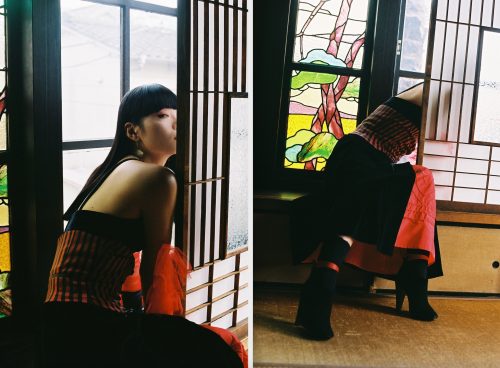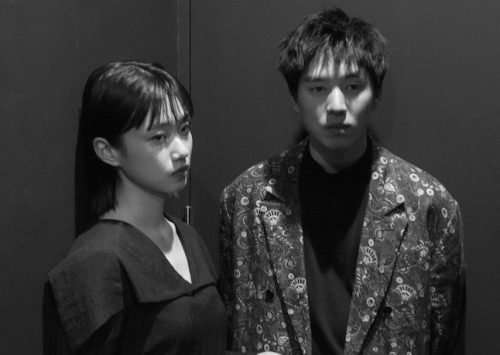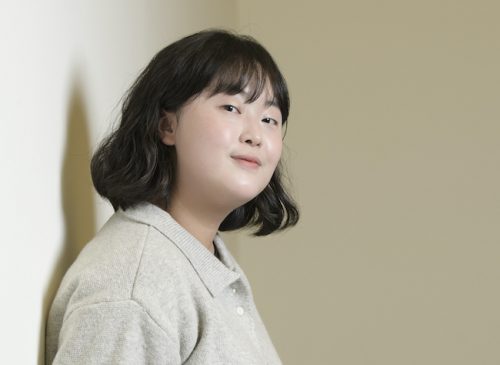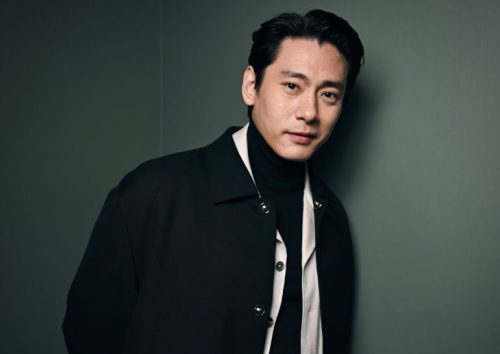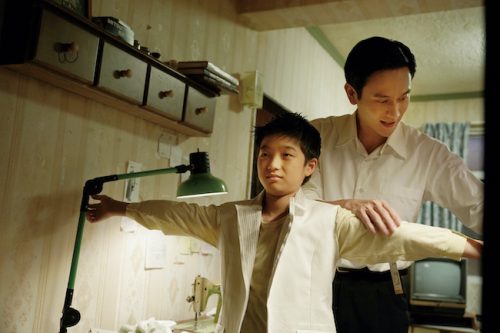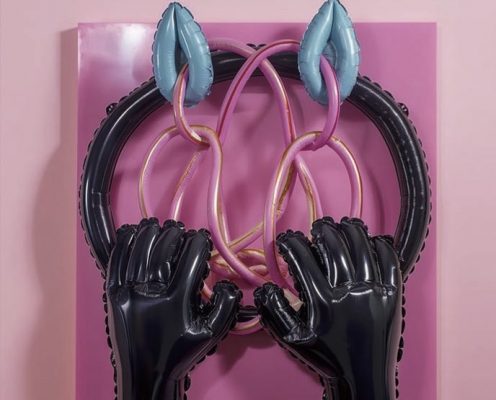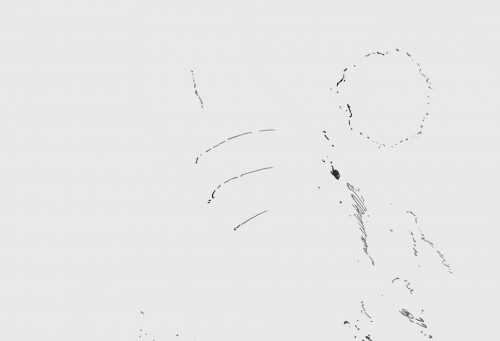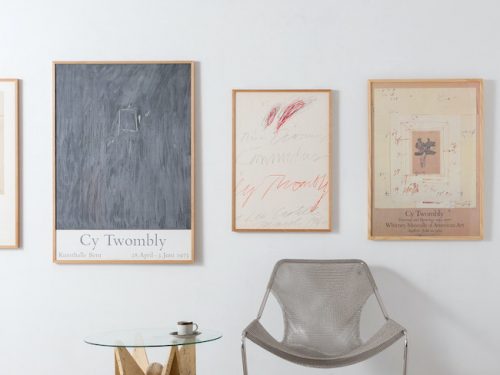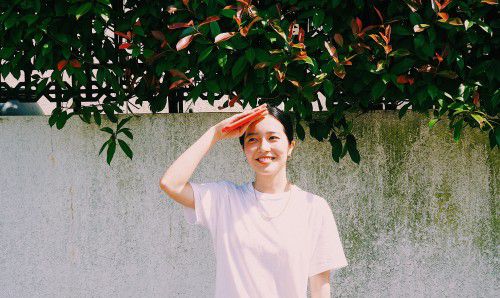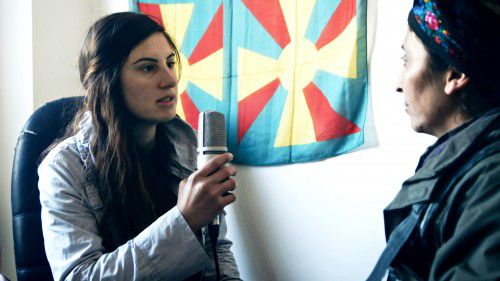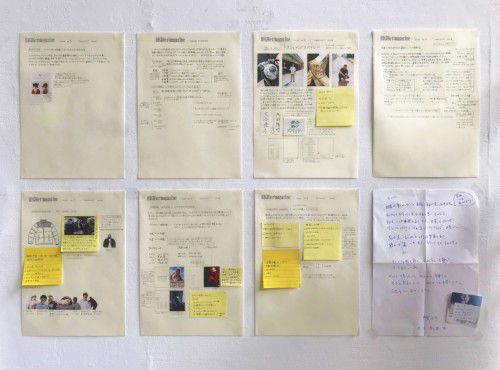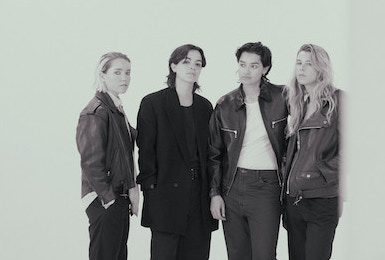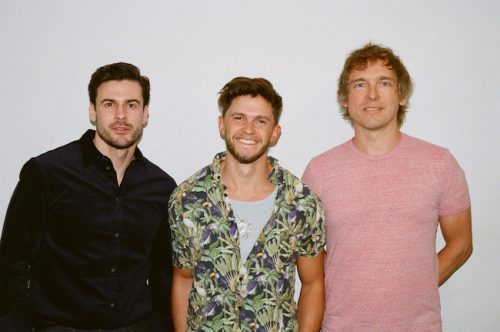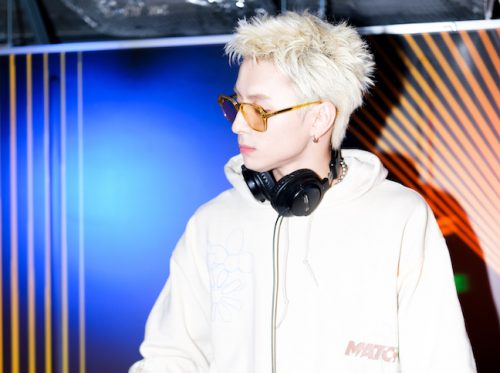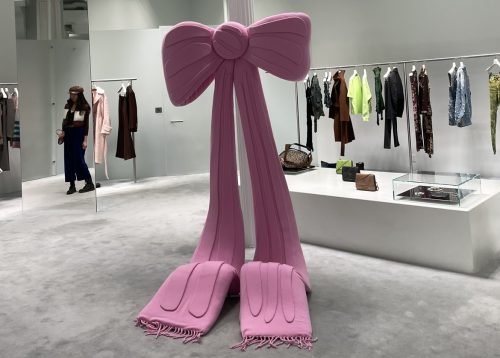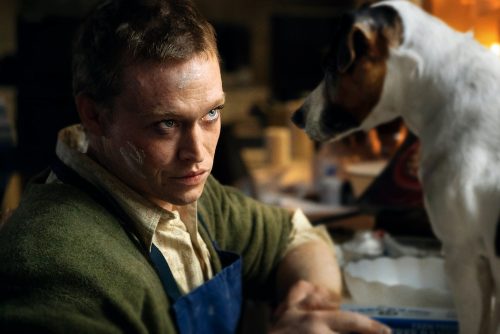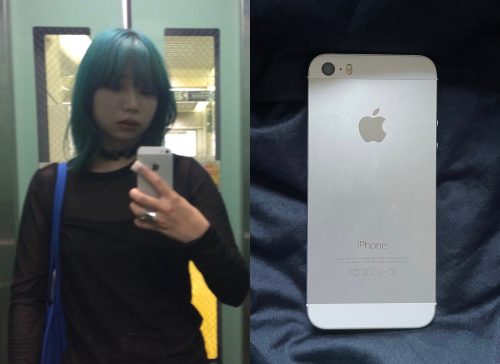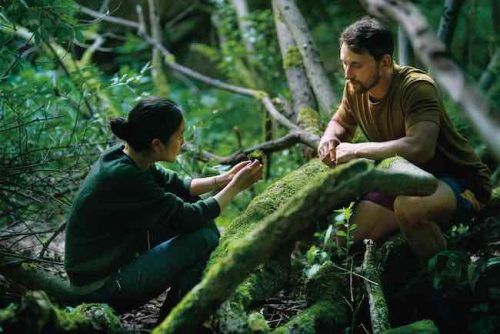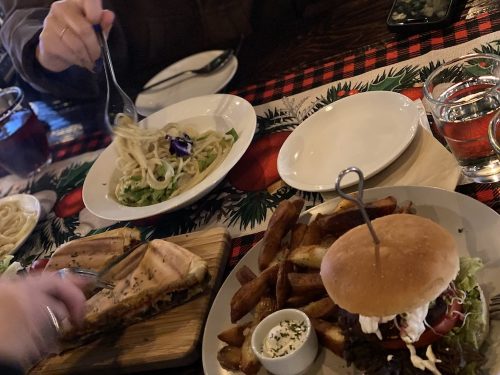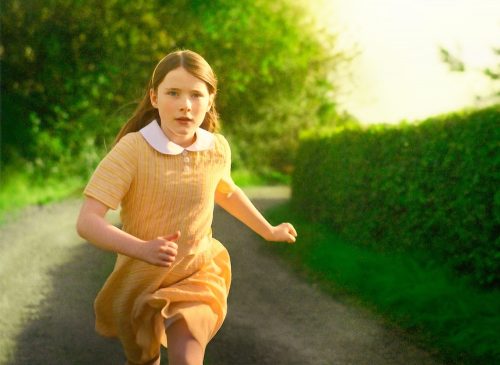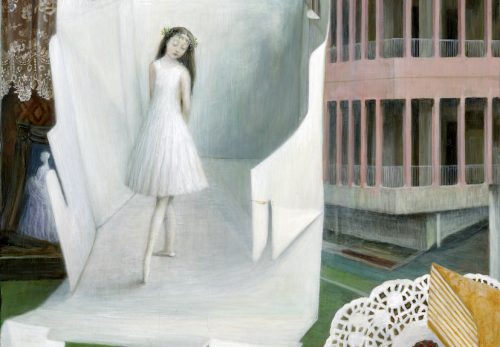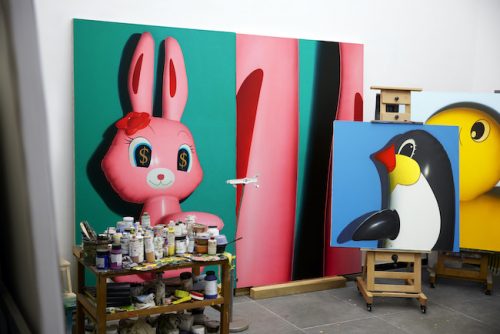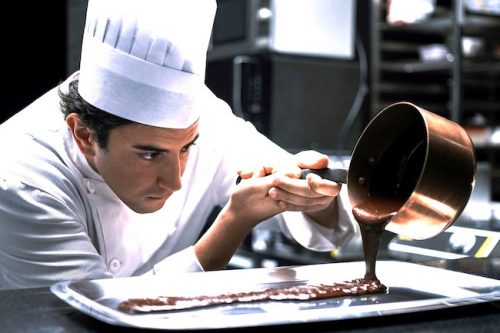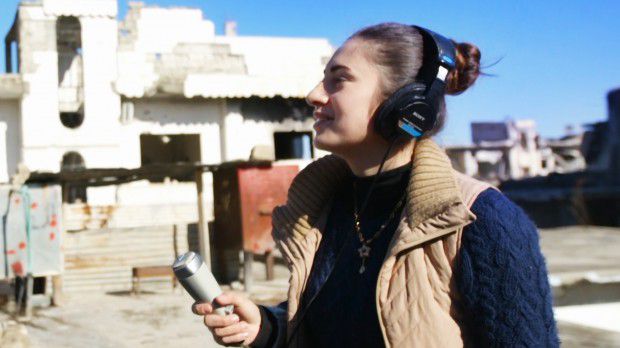
トルコとの国境に近いシリア北部のクルド人街コバニは、2014年9月から過激派組織「イスラム国」(IS)の占領下となるも、クルド人民防衛隊(YPG)による激しい迎撃と連合軍の空爆支援により、2015年1月に解放された。人々はコバニに戻って来たが、数カ月にわたる戦闘で街の大半が瓦礫と化してしまった。そんな中、20歳の大学生ディロバンは、友人とラジオ局を立ち上げ、ラジオ番組「おはようコバニ」の放送をはじめる。生き残った人々や、戦士、詩人などの声を届ける彼女の番組は、街を再建して未来を築こうとする人々に希望と連帯感をもたらす。監督は、自身もクルド人のラベー・ドスキー。地雷や戦車を越えコバニに赴き戦地での撮影を敢行し、クルド人兵士によるIS兵士の尋問にも立ち会った。本作を、戦死したクルド人兵士の姉に捧げている。この『ラジオ・コバニ』では紛争地帯の残酷な爪痕が描かれるだけではなく、携帯を使って仲間と連絡をとったり、マッチングアプリを使うディロバンが映し出され、コバニが確実に私たちの世界と繋がっていることを認識させられる。ディロバンと同じく大学生でHIGH(er) magazineというメディアを立ち上げたharu.に、ラベー監督をインタビューしてもらい、何かを作り発信する意義、コバニの現状についてなどを話し合ってもらった。
ーー監督の亡くなったお姉さまはクルド人民防衛隊の一員だったそうですが、今回の映画を作るにあたり彼女の存在は大きかったですか? また、記憶の中にあるお姉さまの存在はどんな姿ですか?
——Your late sister was a member of the Kurdish People’s Defense force. As the director of this film, what was her influence on process of making this work? Furthermore, as what kind of person do you remember her?
Reber「私の姉は1986年にクルド人の権利を守るため戦うチームに入り、2001年にトルコの兵士に殺されました。姉はコバニで戦っている女性たちの教育も行っていましたが、その中にメリヤムという人もいて、彼女は姉の親友でした。この作品を作る最初の段階では、姉のことを思って作っていたわけではなかったのですが、コバニに行ってメリヤム総司令官に会って姉がどんな人でどういうことをしていたかということを聞き、そこで初めて彼女に捧げようと思ったのです。姉のために映画を作ったと言えます。姉はとても強い人でした。姉は両親にとっての第一子でした。各家族の中で、長女として『強くなければいけない』『色々なことが出来なければいけない』『家族をまとめられるようなことが出来なければいけない』といったことを教えられています。姉はとても正義の人で、愉快な人で、一緒にいい幼年時代を過ごしました。もちろん兄弟喧嘩もしたりしましたが、いい思い出しかないです」
“In 1986 my sister joined a Kurdish movement to fight for Kurdish rights and got killed in 2001 by Turkish soldiers. These women fighting in Kobani where her comrades and students. In Kobani I met the chief Commander, Meryem, who was a very close friend of my sister. Initially I did not go to Kobani having my sister in mind, but when I met Meryem she told me many things about her. This instigated me to write something about her and I guess you could say that I actually made the movie for her. My sister was a very strong person and also the oldest child of my family. In each family the oldest child has to be strong, dexterous, smart and has to keep everybody together. She actually was a very pleasant and righteous woman. We have spent a wonderful time together. Of course, we sometimes had some fights, but this is normal. I only have good memories of her.”
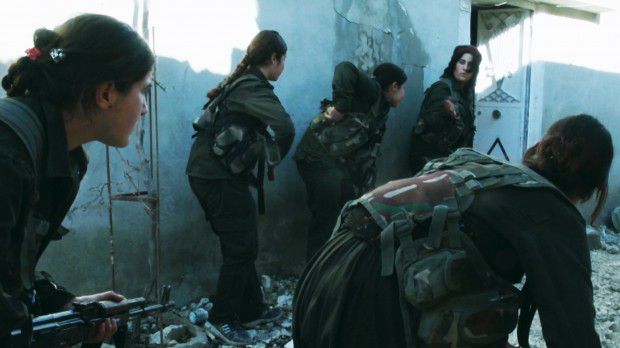
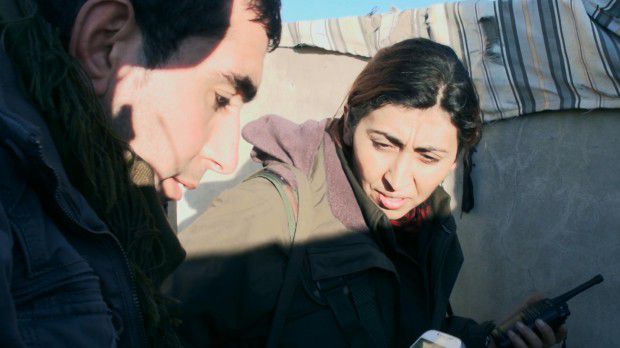
ーー映画はチームで作るものだと思いますが、この作品は戦闘中や危険な状況の中での撮影もあったと思います。そのような時に撮影クルーなどに対して一番気にかけていたことは?
——A film is something you produce with a crew. With this film you went to shoot in combat and other dangerous situations. At such times, what concerns you the most in terms of your crew?
Reber「良い質問ですね。戦地に行く時には自分を守ることが一番大事ですが、チームである以上自分たちのチームを守る必要があります。例えば、私一人で行った時には一日一回しか食事をとらなかったのですが、チームで行った際にはメンバーのことを考えて食事の回数を増やしました。また最初コバニに皆で行った時、女性のカメラマンがあらゆることに驚いて非常に緊張していました。彼女にとっては自分が住むアムステルダムは安全なところで、そのようなところで映画の勉強をしていたのに急に戦地に行き、彼女にとって悪夢のようでした。そうやって私自身がそのような危険な環境へクルーを連れて行くということは凄く責任のあることなので、行く前にどういうことが起こるか分からない中ではあるけれど皆で乗り越えていこうという話をしました。徹夜することがたくさんありましたが、お互いをよく支えることもでき、それはいい面でした。結果的に危険なことが起こらなかったことは幸運でしたが、例えば誰かが撃たれたりすることもありえて、もしそういうことが起こったら、監督として一生悔いが残るでしょう。だからチームとして協力することの重要さは行く前にしっかりと確認しました。でもここでは同時に『映画のために、なんでもやる』という言い習わしもあるのです」
“I understand this question very well. When you go to a war zone by yourself, you are only responsible for yourself, which actually might feel kind of nice. But as soon as you go to a war zone with a team, your responsibility grows. For instance, I can eat one time a day but unfortunately, when my team is with me, I eat twice or three times a day. This is how it goes. Especially when I went the first time to Kobani my camera woman suffered many troubles. Amsterdam had been a very safe haven for her and when she graduated, suddenly she went with me to a war zone, so it was kind of a nightmare for her. So, my responsibility was enormous, and you have to take care of yourself but also for your crew. Beforehand we made very clear agreements with each other. I said to them, we are not going on vacation here, we are going to a war zone. So be very conscious of what you are about to do. But still you cannot take into account everything. Yes, we had many sleepless nights, but we also found a lot of support in each other, and that was pleasant side of it. The less pleasant side is the responsibility that you carry as a director. It did not happen fortunately but imagine something happens to your crew, you will basically regret it for the rest of your life. But we have a saying here, we do everything for the film.”
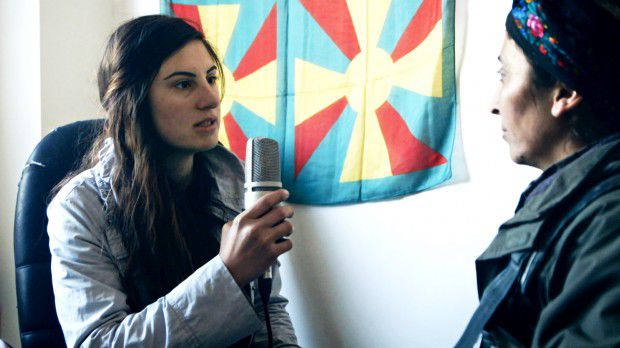
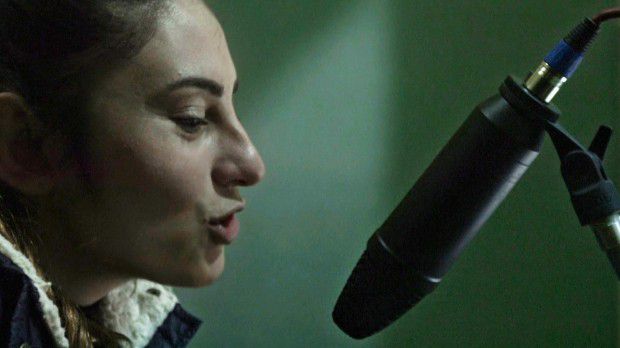
ーーディロバンはラジオを始めた当初、自分や他のコバニの女性たちにとって役立つ正確な情報のためにラジオを始めたということでしたが、この部分に特にとても共感をしました。私が製作するHIGH(er) magazineも自分自身と向き合い、そこから世界を知るというスタンスでやっています。しかし、たまに大人のクリエイターなどから「もっと外の世界にむけて発信したほうがいい」と言われます。監督はどのようなスタンスで製作をされていますか?
——Initially Dilovan started making radio in order to provide herself and other women in Kobani with useful and correct information. This part I particularly connect with. As the editor of HIGH(er) magazine, first I take my own position as a starting point, after which I then face the world to raise my awareness of it. However, sometimes artist and other creators tell me it is better to start of facing the external world, and not the other way around. As a film director, what position are you taking regarding this?
Reber「私の中で元々あったこの作品のテーマは戦争を撮りたいといったことから始まってはいません。戦争はわたしたちが撮らなくても後に繋がり伝わっていくものだろうと思っていますが、戦争のあとどのようにしてそこにいる人たちが生きていくかということを撮りたかったのです。そう構想していた後でディロバンの存在を知りました。戦時中にラジオで発信しているということはあまりないことです。コバニでは女性が中心となって戦っていましたが、戦うだけが人生ではないと彼女は思っていたのです。何故彼女が銃ではなくラジオを手にしたかというと、今の若い人たちの環境と彼らの親の世代では育ってきた環境が違うからだと私は思います。彼女のような若い世代の女性としての生き方には、お母さんのように家でこもっているような生活を送るのではなく働く女性として情報を発信して生きていきたいという姿勢があります。
私自身の親や兄弟たちも兵士として戦争で戦っていたので、自分も戦わなければならないのかと考えていたこともありました。しかし直接的な政治ではなく、他の手段で戦う道を選びました。カメラが私にとっての銃なのです。そういった点はディロバンと共通する点だと思います。銃を持つだけではなく、他にも戦う手段というものがあると思います」
“The first two times that I was in Kobani, I had not yet met Dilovan. At that time, I was solely focused on war and such. But I did already know that this documentary should not be about war. By now we already know a war is executed, how people get shot. But what seemed very interesting to me is how people restart their lives after the war. When I met Dilovan, she proved a very good way to be able to reach out to the world. It’s a wonderful given: someone who makes radio in the middle of a war. You actually cannot find any better metaphor. Why is that? Well, we are talking about strong women who holding guns and fighting. But a weapon is not the only means to change life, a system or the world. Dilovan is a symbol for that. We can all mean something to one another with our own tools and Dilovan does this incredibly well. The essential question is, why Dilovan does not pick up a weapon but instead decides to make radio? She does not believe in the power of the weapon at all. She is saying, I want to contribute to my battle in my own way. To emancipation, to the development of my city. “
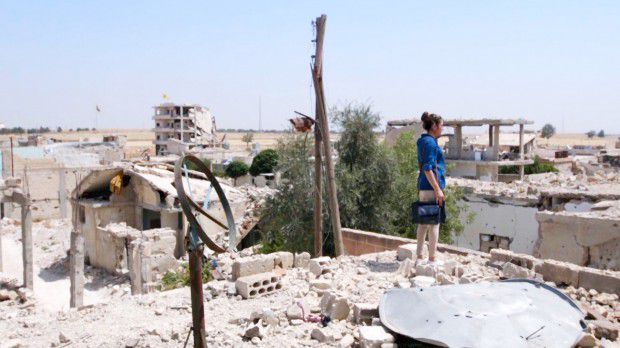
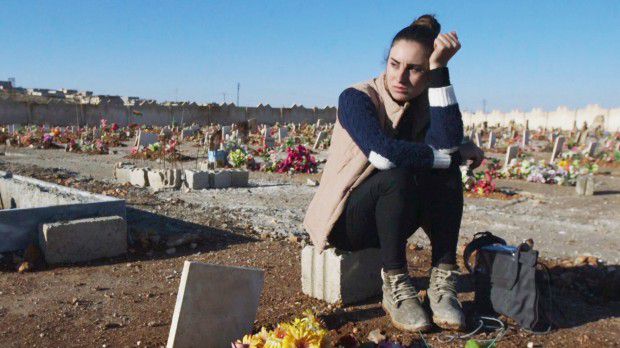
ーー作品内には子供たちの描写が多く見られました。戦争を実際に体験した子供たちの精神的なケアは行われているのでしょうか? そしてコバニの町や人々が必要としていることはなんでしょう?
——There are a lot of children shown in the film. Are the children that have experienced the war being provided with mental care? Furthermore, is this being regarded as a necessity by the civilians of Kobani?
Reber「はっきり言って、コバニは世界で忘れられているというのが現状だと思います。国際救済機関からも無視されているような状況です。メディアに対しても声が届いていません。医師による精神的ケアを必要としていますが全く行われていませんし、子供たちに対する治療も病院では行われていません。この作品などによって他国の人々が助けの手を差し伸べてくれる展開になってくれることを願っています。一番の問題としては、トルコがシリアのクルド人が住む地域に高さが3メートル、長さが100メートル以上の壁を作って出入り出来ないような状況にしてしまっていることで、それによって救いたい人がいても助けられなくなってしまっていることです。そこに住む、いまの若い世代の人たちの人生は終わったと言ってもいいくらい過酷です。私の作品の中でも子供が死体の間を走っていくシーンがあるのですが、例えばその子が成長したときにトラウマを抱えたままであれば殺人を犯すような人間になっていく可能性すらあります。これから育つ世代にそういったトラウマを負わせないためにも精神的なケアを始めとした救済が重要ですが、残念ながら今は助けがありません」
“Frankly we are talking about a lost generation here. The situation is that they are even ignored by international aid agencies. Their voices do not reach the media. These children that experienced this war need proper treatment, medically but especially psychologically. However, the situation is that none of this treatment is currently being provided. I hope that by making this film, people from other countries will reach out and help them. The main problem is that Turkey has built a 3-meter-high wall between Turkey and bordering part of Syria where the Kurdish people live, stretching more than 100 kilometers. This wall completely blocks any aid from being able to reach and save them. Based on the severity of the current situation you can say we are talking about a lost generation here. There is a scene in the film of a child walking through the corpses having went through all these horrors. Imagine this child when he comes of age, who knows what this boy will do? If has not been able to process his trauma, then this trauma will become an obstruction for him. Maybe he is also going to become a murderer. These people need help, they need treatment, especially the younger generation. But there is no help unfortunately.”
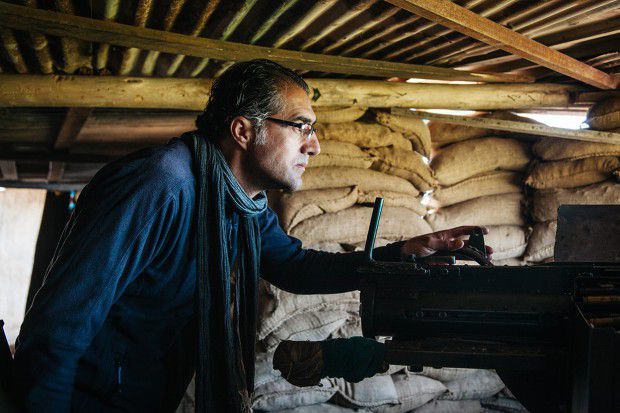
映画『ラジオ・コバニ』
2018年5月12日(土)より、アップリンク渋谷、ポレポレ東中野ほか全国順次公開
公式サイト:http://www.uplink.co.jp/kobani/
facebook:https://www.facebook.com/RadioKobaniJP/
Twitter:https://twitter.com/RadioKobaniJP
監督・脚本:ラベー・ドスキー
(2016年/オランダ/69分/クルド語/2.39:1/カラー/ステレオ/DCP)
配給:アップリンク
字幕翻訳:額賀深雪
字幕監修:ワッカス・チョーラク
haru.
1995年生まれ HIGH(er)magazine 編集長 ドイツと日本を行き来しながら今は東京藝術大学 先端芸術表現科に在籍中
interview haru.
edit Ryoko Kuwahara
Special thanks Vincent Ruijiters
